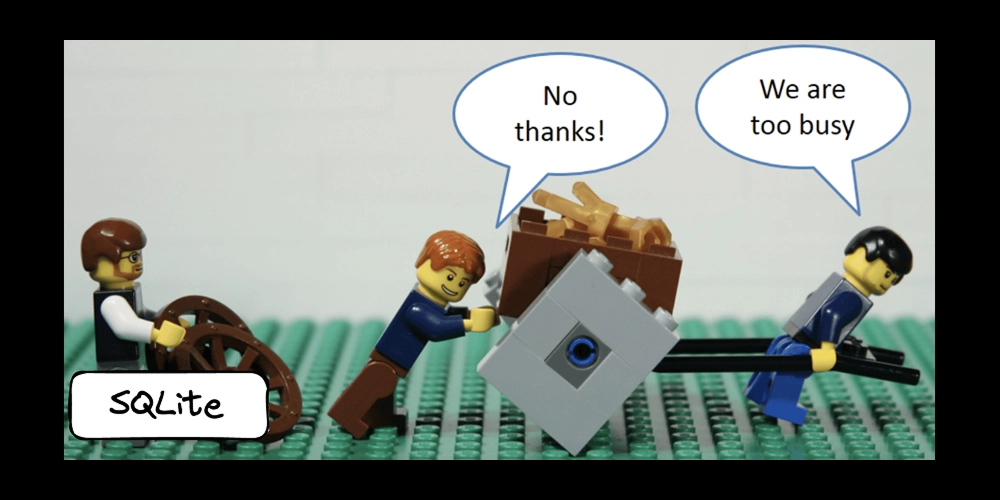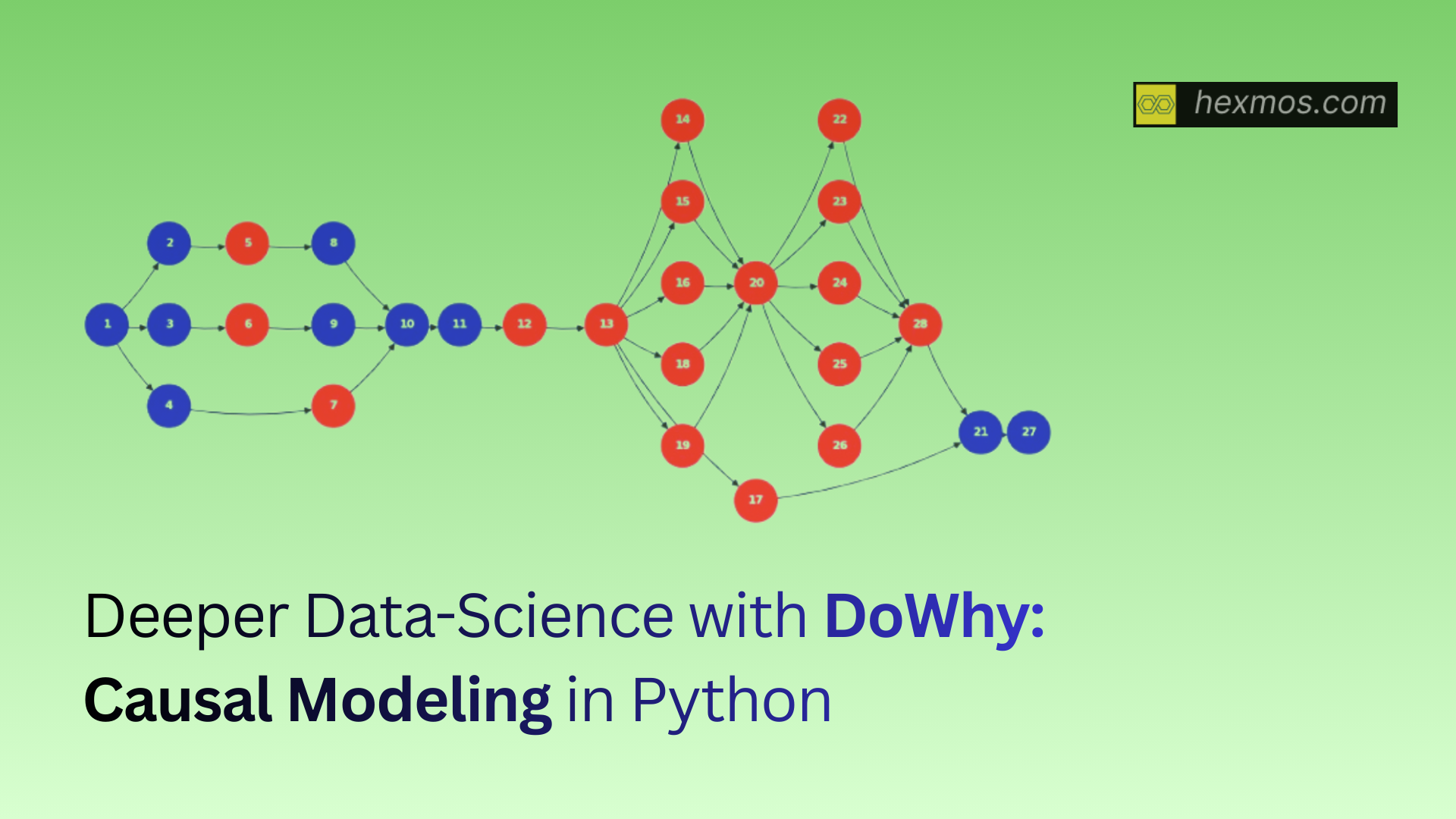Rickover Series #3: Engineering in Practice

What does it mean to be a professional or to practice a profession?
There is no one better to define this for us than, Admiral Rickover.
He truly walked the talk, and got the job done.
These are my takeaways from Admiral Rickover's essay: "Engineering in Practice".
What exactly is a profession?
Practicing a profession means - mastering theoretical knowledge in a field, and applying it to everyday problems.
A profession is "intellectual in content, practical in application".
The reasons why the professions receive respect
Traditionally - the professions have been seen with respect for these reasons:
- Esoteric content
- Useful to everyone
- Long & Costly preparation to practice
- Usually practiced by people of above average intelligence, education & character
Till 19th century only the university faculty in theology, law and medicine were called professional men.
Advent of Engineering
With the expansion of knowledge, new professions started appearing.
"Engineering" is a relatively new profession.
From remote antiquity, we've had useful "skilled crafts".
The old crafts became engineering.
With the advent of science & massive energy sources it flourished.
A body of organized knowledge and procedures which require lengthy course of professional study emerged as a result of intense development.
Vocational training vs Higher Education
Due to raising "equalitarianism", the distinction between crafts, trades and professions have been blurred.
Indiscriminately granting diplomas & academic degrees, has obliterated the traditional distinction between "vocational training" and "higher education".
People who do routine jobs, without any intellectual content, call themselves professionals these days.
Ex: One can obtain a Bachelor's degree in "Cosmetology", learning techniques to beautify the ladies.
A PhD thesis is supposed to climax advanced study in an academic discipline.
But now - trivial topics such as "Optimum Window Area for a Classroom of Twenty-five Pupils in the Junior High Schools" is fair game for a PhD thesis.
One can also get master's degrees in pseudo-academic subjects such as - TV Advertising, Radio Advertising, Gourmet Cookery, etc.
Why pseudo-academic subjects come into being
Why such madness?
Because:
"People like to acquire symbols of status yet hate to do the hard work which the
symbols are supposed to represent".
Institutions that mix salesmanship with science, fly casting with philosophy, and homemaking with history can't be real "universities".
The misuse of "democratic" logic within intellectual pursuits is dangerous.
If all were equal intellectually, then we could supply a newborn child with a combination of "birth certificate, high-school diploma, BA and a PhD degree".
In sports, art & business there's no democracy.
Responsibilities of a real professional
The professional person must attain and maintain high standards.
The serious professional will create new knowledge for the field.
If incapable of that, at least they will increase the prestige of the field.
It is an intimate responsibility of the professional person.
Two rules of professional conduct:
- Reject lay direction in the performance of professional work, maintain professional
independence - Use professional knowledge & techniques solely for benefit of the clients & the public
The essence of the profession is: "free, resourceful, unhampered intelligence applied to the comprehension of problems".
The Professional doesn't accept lay interference
Services cease to be professional if dictated by the client or employers.
Professional independence is not a privilege, but an inner necessity.
Professional independence safeguards employers & the public as well.
Without professional independence, the person is a mere routine technician or hired hand or a hack.
To maintain the freedom, the professional may have to turn down lucrative offers/positions.
Think of great theologians and clergymen.
In history, at times, theologians had to defend their professional duties, at the cost of their very life.
Clergymen have shown great courage in resisting attempts dictatorial governments in matters of religious belief & church affairs.
The Professional must set a fee (avoid salary)
It is easier to avoid lay interference when the professional man charges rather than depends on a salary.
For example, English barristers are barred from becoming salaried employees.
The british solicitors may take salaries.
But independent barristers can become judges eventually.
Professional Freedom in Democracies & Autocracies
The professors, scholars & research scientists should have freedom to pursue knowledge wherever it takes -- even if the conclusions are politically unpopular.
Even autocratic countries such as Prussia gave academic freedom, to sustain scientific capability within the state.
Many times in democracies, there is too much "equality" logic going on, and lay interference in scientific works.
Often Authoritarian governments recognize the inner need of the scholar more easily, and let them perform what they do best.
Ex: Despite restrictions, Renaissance scholars were able to launch a scientific revolution, destroying age old beliefs which the authorities tended to favour.
A renaissance philosopher once said: "We must speak as the many do, we must think as the few".
Engineers must fight for higher status
Each profession must fight and win such freedom to think and practice on academic basis.
Engineers must not lose professional status carelessly, for example, by accepting managerial positions.
In such positions, the engineers report & submit to lay superiors.
In the medical field, the layman is quite humble towards the physician.
But in society, the engineer's professional status is not given the same amount of respect.
The engineers must work to increase professional status, so that they can apply their mind freely.
The Engineer stands separate from the organization
The organizational hierarchy and rank cannot give proper rating to the professional person.
The professional person stands alone, operating with full freedom, and must demonstrate worth on their own.
Executives are reluctant to acknowledge young engineers, in engineering matters.
Engineering teams are like surgery teams
Who should manage engineers? Another engineer (with more experience/skill).
Think of it like surgical operations.
The various medical people coordinate without friction.
Similarly, the engineers must work together without friction.
A lay administrator cannot dictate surgery.
"Life is so short, the art so long to learn" applies strongly to engineering teams and initiatives.
It takes a long time & hard study to become a real engineer.
How can a layman executive, no matter how intelligent/capable, understand the details sufficiently?
How can the public properly judge professionals?
In popular view, the manipulator of people has higher status than the manipulator of abstract laws and facts.
So the world overpays administrators, and underpays professional people.
Also people tend to judge quality of advice by the person's salary.
If the engineer is to be free, how can they be judged?
By the results.
The surgeon for example must reject lay suggestions on how to conduct an operation.
But they will & should be judged by the results of their work.
If too many people die, the public must judge negatively.
In short, the professional person must be judged on results, but there must not be any interference in methods.
The public must be more educated on the professionals, so that they are neither in frustrated suspicion or excessive awe of them.
Professional bodies can help here.
Responsibilities of laypeople
There is an explosion of new knowledge, but the average person is unaware.
They see gadgets, but don't understand the long chain of arduous effort to get there:
Remote lab where the original idea germinated, long process of applied research, productionisation, etc.
The know-how to make these technical achievements a reality is often possessed by a group of experts.
The public often lacks taste for this specialist knowledge & doesn't want to spend time learning.
The lay vs expert gap widens day by day.
Passivity in the public is a danger for stability of societies.
Learning is not merely a matter of intelligence, but of motivation, determination & training as well.
The public must learn to respect excellence and pursue it.
How laypeople can level-up to assess professionals
Soft & pleasant lives take off the determination to obtain a real education that stretches the mind.
Originally self-improvement meant going to night schools after a long day's hard work.
The national goal should be a life of adventure, risk taking and excellence (not comfort/security).
In Political democracy, the ultimate power is vested in the average citizen, regardless of their intelligence, & sense of responsibility.
The role of Greeks in opening up knowledge
The Greeks set precedent in providing this power.
Earlier, professional knowledge was closely guarded to secure power, wealth and comfort.
The ancient greeks opened up intellectual life to everyone.
They encouraged observation, organization, and application to advance in knowledge.
They set a tradition of hard thinking, and teaching those results to everyone.
Greeks triggered an intellectual chain reaction.
With free access to knowledge, came the responsibility to govern.
The Greek opportunity meant responsibility to govern properly
Every athenian had to participate in the issues of practical governance as well.
The Greek traditions seeped in respect for learning influenced the founding fathers of USA.
The Greek thought runs USA even today.
The Greeks founded the first true profession - medicine.
The original oath: The Hippocratic oath
The Hippocratic oath originates from this, and every young doctor swears the oath.
All professional codes emerge from the Greek "Do no harm" principle.
The Engineers must not harm the client, but also not the public.
The Engineer's work is rarely a pure engineering task.
Building a bridge, there will be questions of ecology.
How to build the bridge without harming ecology - that's engineer's duty too.
Or in nuclear work, the engineer must consult wide array of experts.
For example in nuclear energy, there could be unintended consequences in areas such as:
Meteorology, oceanography, nuclear physics, mechanical, electrical, and chemical
engineering, sanitary engineering, design of pressure vessels, explosives, industrial insurance, and so on
The Engineer's role keeps increasing with complexity
With growing population and scarcity of resources, the role of the engineer increases every day.
With ingenuity, the engineer can ensure good quality of life, without abusing Earth's material resources.
Ex: Sweden has 2x India's population density, yet the Swiss is 17x in wealth
So, the engineering profession is potentially the most powerful and impactful position possible for sustainable human existence.
The well-being of all people may as well depend on the manner in which the engineer practices the profession.
What do you think?
Thanks for reading Rickover's thoughts on the professions.
I'll be writing more about Rickover in the future.
What do you think of Rickover's thoughts on professions in general & Engineering in particular?
If this post was of value to you, comment below & follow @shrsv23 for more.
Other Posts in the Rickover Series
Find all posts in the Rickover Series under the Rickover tag.




